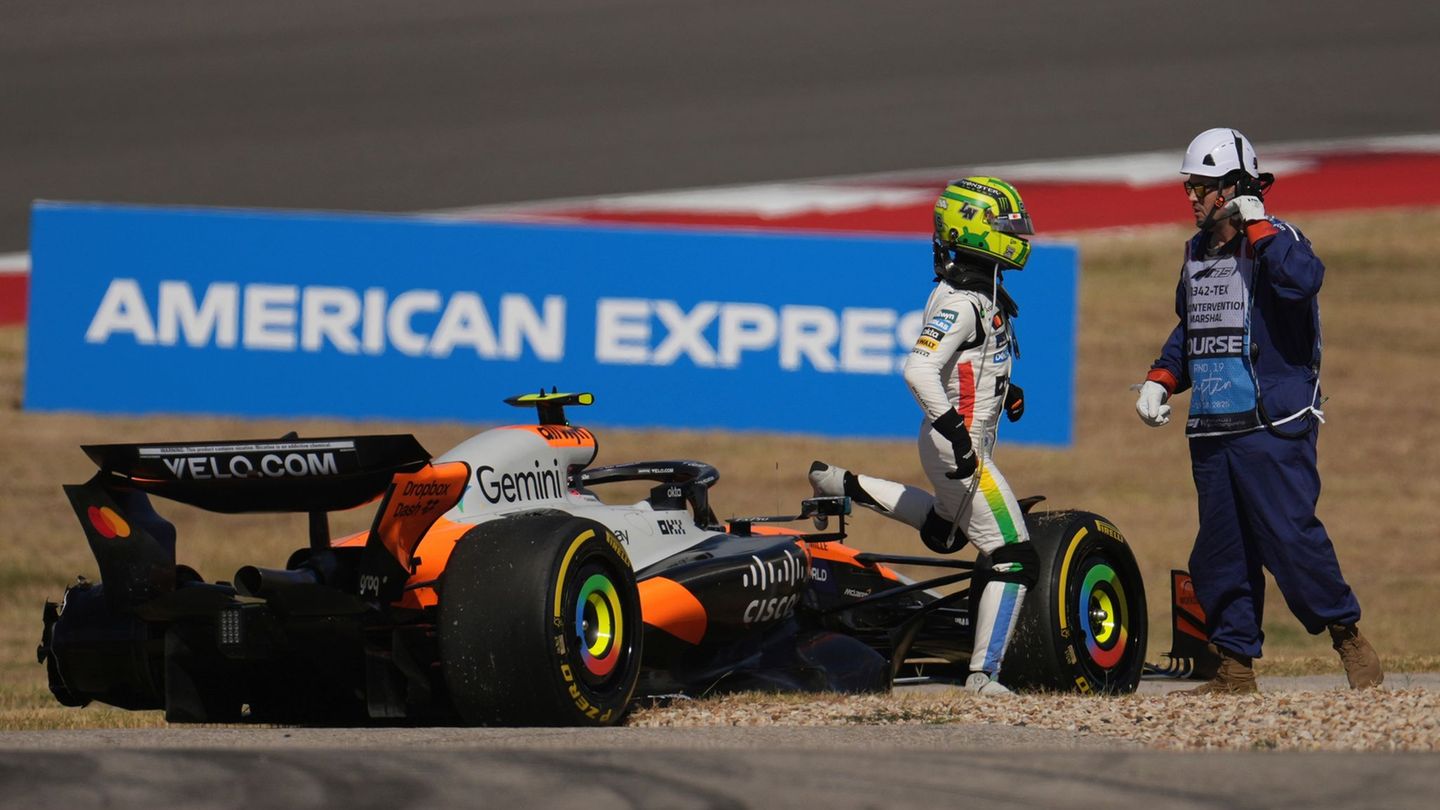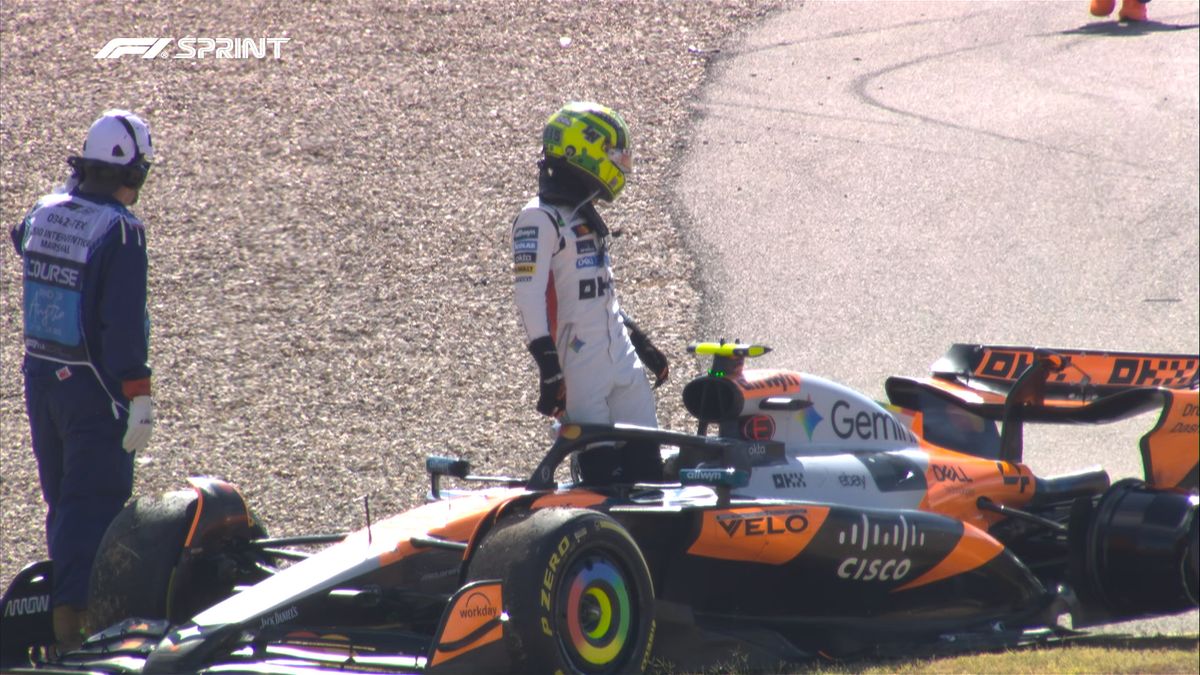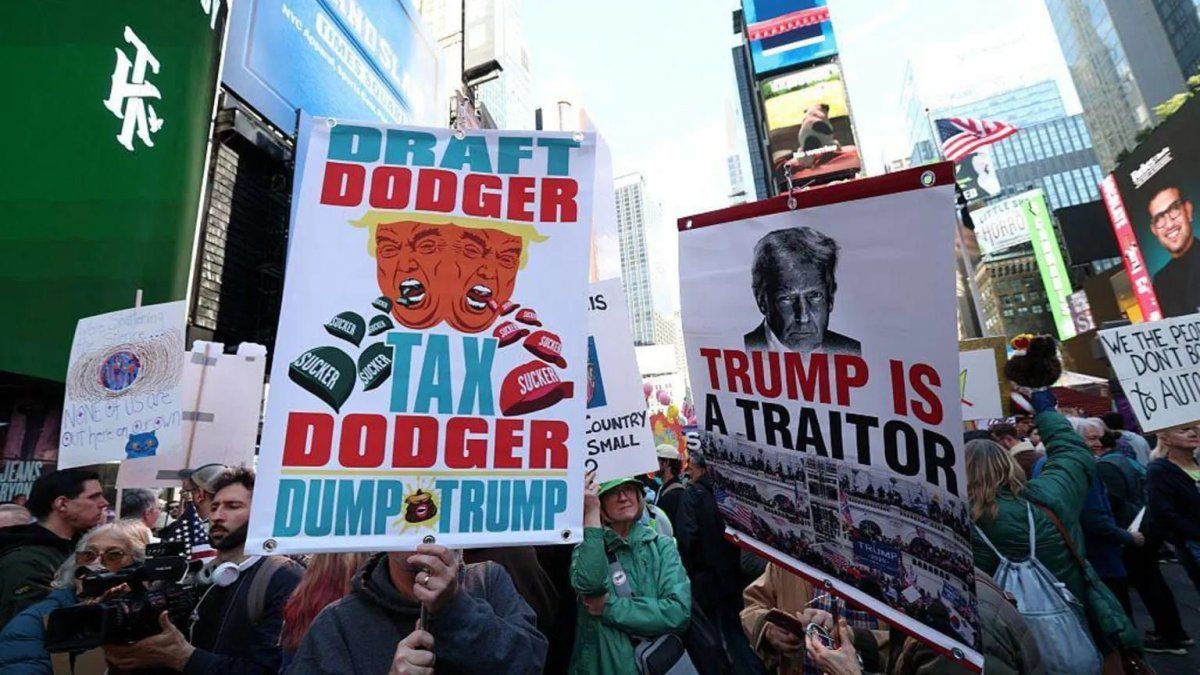Surprising news is coming from Iran: the notorious vice squad is said to have been abolished, the justice minister wants a committee of inquiry and the president met with the political elite for an emergency meeting. Is anything really moving?
After ongoing demonstrations in Iran, the political leadership unexpectedly announced measures. According to the Attorney General, the vice squad has been disbanded, according to Iranian media reports.
The death of a woman after being arrested by vice squads sparked the bloody mass protests that have raged across the country for more than two months. The interior minister announced that a committee would be set up to clarify the reasons for the protests – but without the participation of the demonstrators. Critics of the political leadership reacted cautiously to the announcements.
According to media reports, President Ebrahim Raisi also met with several ministers for a crisis summit on Sunday. The Isna agency reported that the latest developments in the country were on the agenda of the non-public meeting in the parliament in Tehran.
Iran’s morality police, the so-called “Gascht-e Ershad” (morality patrol), has been a special police unit that has enforced the Islamic dress code. Even though there were groups with similar tasks after the Islamic Revolution in 1979, the unit was only founded under the presidency of hardliner Mahmoud Ahmadinejad (2005-2013). While they were inactive under ex-president Hassan Rouhani (2013-2021), they reappeared with Raisi.
Present almost everywhere
Their minibuses, usually with four to six male and female officers, could be found in almost every square. Young women in particular, whose headscarf and outfit, according to officials, did not comply with Islamic rules, were asked to correct their appearance. However, more and more women, especially younger generations, rejected their warnings or ignored them.
Especially in the summer, the moral guards began arresting men and women who defied their orders to set examples. In mid-September, the Islamic moral guardians arrested 22-year-old Mahsa Amini because a few strands of hair are said to have stuck out from under her headscarf. Amini died a few days later in the custody of the vice squad. Since then, people in Iran have been protesting against the system and its laws and regulations.
After the protests began, moral guards were still on the streets for a few days, but after being mobbed and attacked by people several times, they disappeared from the cityscape.
“The vice squad has been disbanded, but the judiciary will continue to deal with this social challenge,” the daily Shargh quoted Attorney General Mohammed Jafar Montaseri as saying. There were no further details on the circumstances and the implementation of the dissolution of the vice squad.
Reactions to the announced dissolution
Critics were not impressed by Montaseri’s words. The problem is not the moral police, but the headscarf requirement, wrote an Iranian activist on Twitter. “Women must be able to go everywhere without a headscarf,” he demanded. And this is “only the first step.” Nevertheless, according to observers, the dissolution of the vice squad would be a partial success for the women’s movement.
It was initially not known exactly what was to be discussed at the crisis summit on Sunday. In the run-up there was speculation that it could be about the demands of the demonstrators. These include the revision of the Iranian constitution and the abolition of the headscarf requirement, but also new elections or a referendum on the development of the country’s political system. Observers, however, did not have high expectations of the meeting.
Raisi repeatedly emphasizes that while Iran is tolerant of criticism, it is not tolerant of foreign-controlled riots carried out by their mercenaries, as he describes the protests. According to the Ilna news agency, interior minister Ahmad Wahidi said neither demonstrators nor system critics nor other political parties should take part in the announced investigative committee.
Just cosmetics?
The protesters had no representatives, “in addition, we were dealing with rioters and troublemakers and not demonstrators,” Wahidi said of the reasons for the exclusion of the protest representatives. According to the minister, the committee of inquiry is about “exploring the roots of the protests and therefore only relevant authorities and independent lawyers will take part in the discussions in the committee,” it said. Critics called the proposal “absurd”.
Observers do not see any fundamental concessions to the demonstrators in Sunday’s announcements, but rather cosmetic measures to calm the critical situation in the country. Further demonstrations – and according to opposition circles – also strikes are planned across the country from Monday. According to human rights activists, 470 demonstrators have been killed in the protests so far.
Source: Stern
David William is a talented author who has made a name for himself in the world of writing. He is a professional author who writes on a wide range of topics, from general interest to opinion news. David is currently working as a writer at 24 hours worlds where he brings his unique perspective and in-depth research to his articles, making them both informative and engaging.




